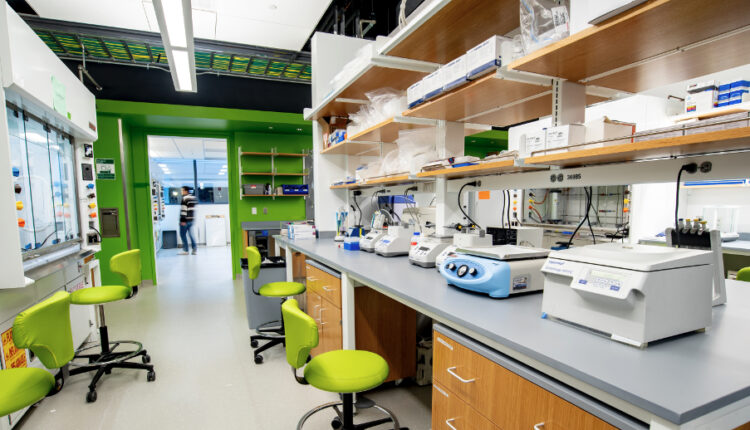MANILA — The Asian Development Bank (ADB) has approved a $650 million investment loan to upgrade and enhance primary health care facilities and public health laboratories nationwide to improve prevention, detection, and treatment of communicable diseases, noncommunicable diseases, and other health conditions.
The Primary Healthcare and Public Health Laboratories Upgrading and Strengthening (PLUS) project directly supports two government projects under the Health System Transformation Agenda: the Strengthening of Primary Healthcare in Indonesia (SOPHI); and the Indonesia-Public Health Laboratory System Strengthening (InPULS).
“This is the third in a series of ADB support to the Government of Indonesia in developing and implementing the post-pandemic Health System Transformation Agenda,” said ADB Human and Social Development Director Karin Schelzig. “This landmark project, with a total investment of nearly $4 billion and cofinanced with three other multilateral development banks—the Asian Infrastructure Investment Bank, the Islamic Development Bank, and the World Bank—will address the critical gaps and disparities in service readiness of primary health care facilities, public health laboratories and referral hospitals in the country toward universal access to quality health services and improved health system resilience and robustness.”
The PLUS project will equip more than 10,000 primary health care facilities and more than 500 public health laboratories nationwide to fully meet the minimum service standards stipulated by the government. The support will include equipment procurement, delivery, commissioning, user training, operations and maintenance services (O&M), and capacity development in O&M.
“The investment will be a cornerstone in standardizing primary health care services and reducing disparities in access to standardized services, particularly for the poor, rural, and remote locations,” said ADB Country Director for Indonesia Jiro Tominaga. “ADB is pleased to collaborate with the government to address these critical gaps.”
The project will significantly contribute to climate change mitigation in the health sector by upgrading facilities with energy-efficient equipment. The strengthening of the public health laboratory network will also enhance health resilience and preparedness to handle future pandemic threats, including those related to climate change.
ADB is committed to achieving a prosperous, inclusive, resilient, and sustainable Asia and the Pacific, while sustaining its efforts to eradicate extreme poverty. Established in 1966, it is owned by 68 members—49 from the region.


Comments are closed.